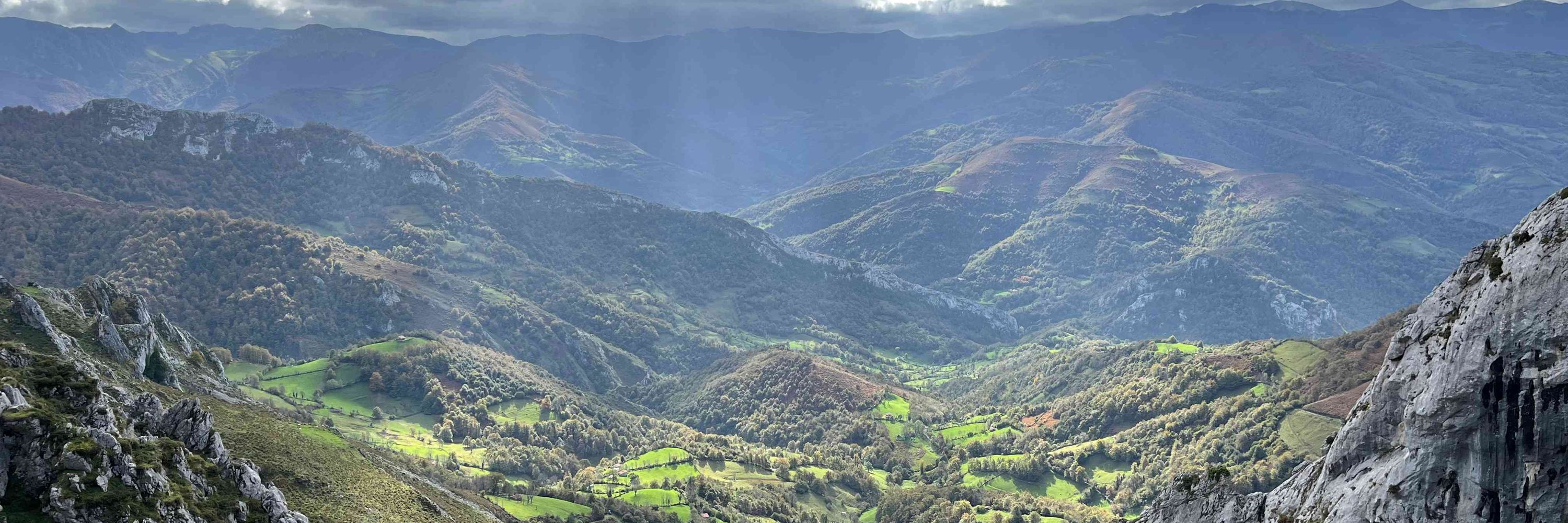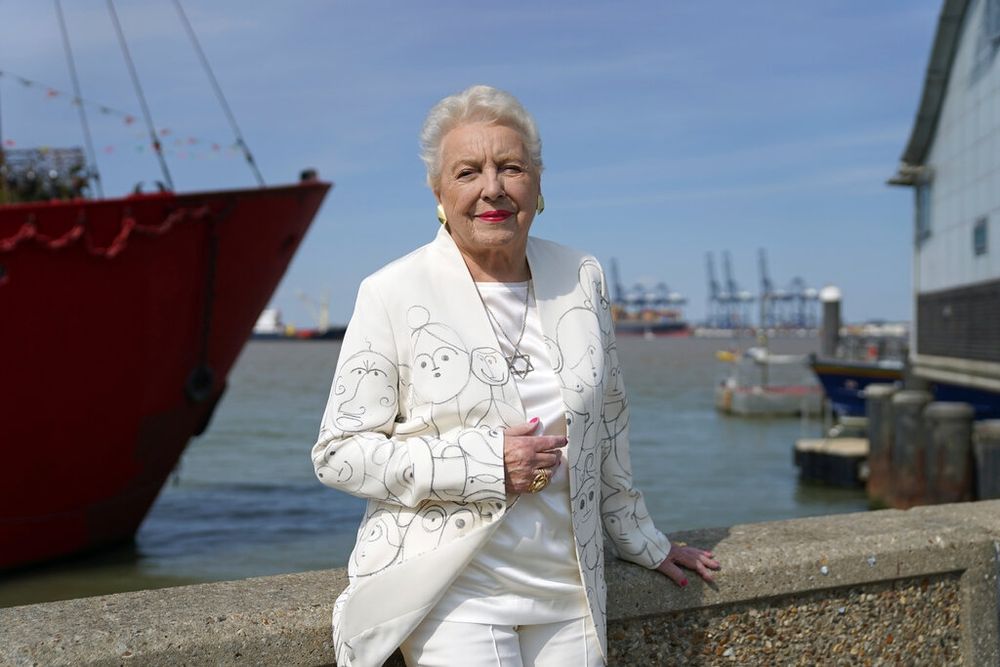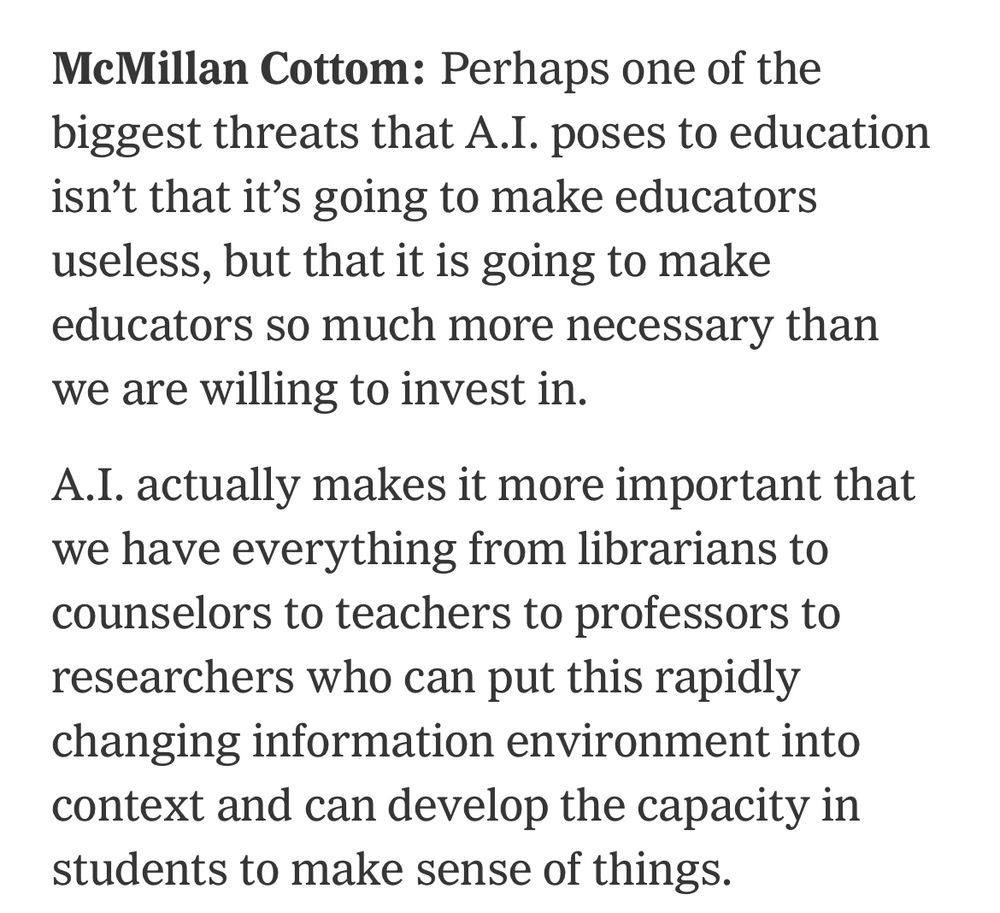Rebecca M. Bender
@rebeccadactyl.bsky.social
76 followers
110 following
16 posts
Spanish Professor, 19th-21st c. peninsular literature & culture; 1st-wave Spanish feminism; #motherhood #maternidad; rural studies; #DH & L2 literature pedagogy; blog: www.rebeccambender.com
Posts
Media
Videos
Starter Packs
Reposted by Rebecca M. Bender
Reposted by Rebecca M. Bender
Reposted by Rebecca M. Bender
Reposted by Rebecca M. Bender
Reposted by Rebecca M. Bender
Seth Cotlar
@sethcotlar.bsky.social
· Aug 24
Reposted by Rebecca M. Bender
Reposted by Rebecca M. Bender
Sonja Drimmer
@sonjadrimmer.bsky.social
· Aug 20

A Dictionary of "AI" — Sonja Drimmer
Even if you spend just a small amount of time listening to people who believe that any kind of digital technology (whether that’s “artificial intelligence” or not) is an unquestioned good, you’ll hear...
sonja-drimmer.squarespace.com
Reposted by Rebecca M. Bender
Sonja Drimmer
@sonjadrimmer.bsky.social
· Aug 20

A Dictionary of "AI" — Sonja Drimmer
Even if you spend just a small amount of time listening to people who believe that any kind of digital technology (whether that’s “artificial intelligence” or not) is an unquestioned good, you’ll hear...
sonja-drimmer.squarespace.com
Reposted by Rebecca M. Bender
Reposted by Rebecca M. Bender
John Warner
@biblioracle.bsky.social
· Aug 5
Reposted by Rebecca M. Bender
BeijingPalmer
@beijingpalmer.bsky.social
· Jul 29
Reposted by Rebecca M. Bender
Reposted by Rebecca M. Bender
Reposted by Rebecca M. Bender
Reposted by Rebecca M. Bender
Kayla B
@queenofthesouth.bsky.social
· Apr 6























